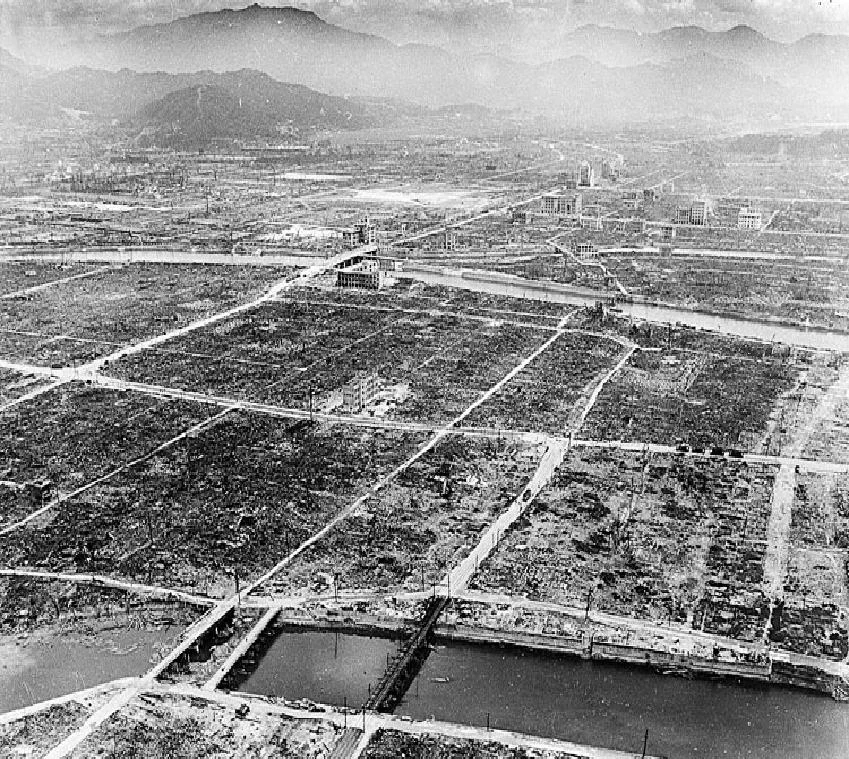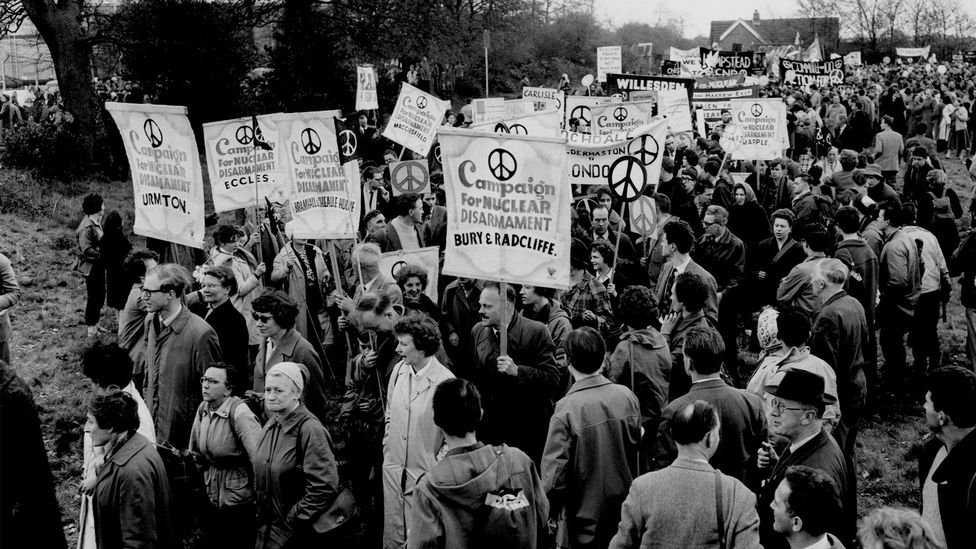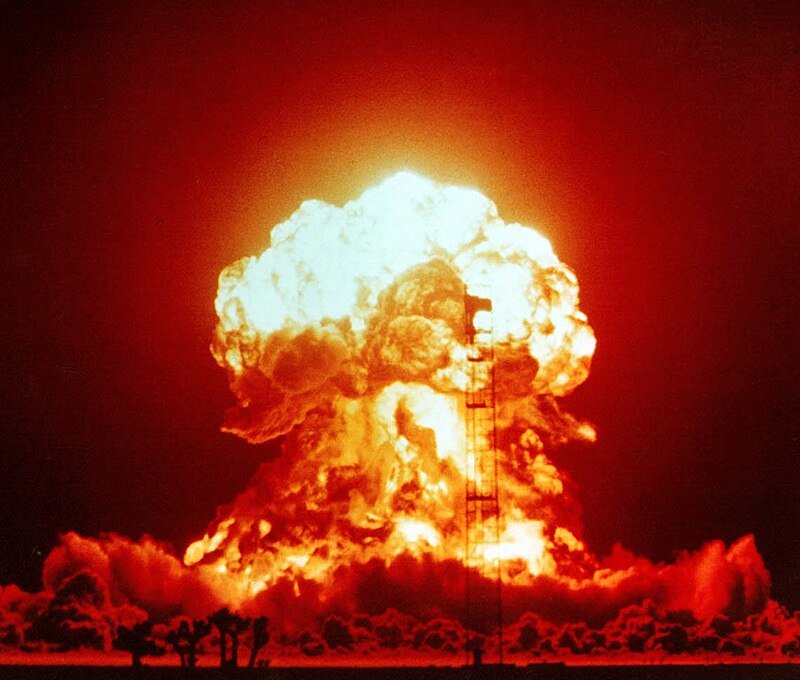
Reviving the Peace Movement: A Socialist Vision for Nuclear Disarmament and Global Solidarity
Nearly eighty years have passed since the devastation of Hiroshima and Nagasaki, yet the threat posed by nuclear weapons remains as potent as ever. In a world fraught with geopolitical tensions, nuclear arsenals continue to expand, their destructive power representing both a drain on global resources and a danger to humanity’s future. As nuclear arms modernization continues, a growing chorus of voices calls for a new, united peace movement grounded in a socialist commitment to international solidarity, disarmament, and the collective well-being of all people. The rise in military spending on nuclear capabilities has neglected the needs of working populations worldwide, diverting resources from healthcare, education, and housing. This reality underscores the urgent need for a global peace movement that places these vital social issues at the forefront. A revived movement, grounded in socialist principles, can advocate for a redirection of these funds away from weapons of mass destruction and toward social infrastructure that benefits humanity as a whole.

The Legacy of Anti-Nuclear Activism: Lessons from a Global Movement
Historically, anti-nuclear activism has drawn support from workers, scientists, students, and pacifists committed to opposing the devastation and inequality nuclear arms perpetuate. From the Bulletin of the Atomic Scientists’ Doomsday Clock to grassroots protests across Europe, the anti-nuclear movement has historically challenged the prevailing notion that nuclear arsenals are necessary for peace. Figures like Linus Pauling and organizations like the Campaign for Nuclear Disarmament (CND) successfully raised awareness, pushing for treaties that limited nuclear testing and restricted arsenals.
In the 1980s, millions took to the streets in Europe and the United States, demanding a halt to the nuclear arms race. This collective action proved instrumental in advancing arms control agreements, with the INF and START treaties significantly reducing the nuclear stockpiles that had accumulated over decades. The legacy of these movements demonstrates that organized, mass mobilization has the power to influence policy, dismantling the narrative that nuclear weapons are essential to national security.
The Socialist Call for Disarmament: Reclaiming Resources for Humanity
Today, as the arms control framework continues to weaken, the need for a unified peace movement is clearer than ever. Governments are increasingly prioritizing military spending over public needs, with nuclear modernization plans siphoning billions from social programs. A renewed socialist-oriented peace movement can offer a comprehensive alternative by advocating for nuclear disarmament alongside global socio-economic reforms. This vision does not merely call for the cessation of nuclear arms production but demands a redirection of resources toward public welfare, aiming to uplift communities rather than threaten them with annihilation.
Socialists argue that disarmament is fundamentally tied to the redistribution of wealth and power. The vast resources currently allocated to military spending represent capital that could be used to build a fairer, more sustainable society. Reinvesting in education, healthcare, renewable energy, and worker protections would not only improve lives globally but would also foster a more cooperative international environment where peace can thrive.
Building International Solidarity for a Nuclear-Free Future
A socialist peace movement must be inherently internationalist, recognizing that the fight against nuclear proliferation is a collective struggle. It is essential to build solidarity across borders, uniting workers, students, and peace activists in every country under a shared goal: the complete abolition of nuclear weapons. This unity can challenge the powerful military-industrial complexes that promote the idea of perpetual conflict and justify massive defense budgets.
Workers worldwide have a vested interest in denuclearization. As the primary producers of both economic value and military technology, workers’ involvement is crucial in demanding that their labor supports human development rather than destructive potential. International solidarity is the cornerstone of a socialist approach, and only through a united global effort can the disarmament movement effectively challenge the entrenched systems that perpetuate the nuclear arms race.
A Call to Action: Toward a Peaceful, Socialist Future
The struggle for nuclear disarmament is inseparable from the broader fight for social and economic justice. A socialist peace movement envisions a world in which resources are allocated based on human need rather than power projection. Such a movement would press for policies that prioritize human welfare over militaristic pursuits, aiming to create a society that values life and peace over the threat of annihilation.
The task ahead is to mobilize people on a scale not seen since the peak of the anti-nuclear movement, uniting diverse voices to demand the complete abolition of nuclear weapons. By grounding the peace movement in socialist principles, we can strive toward a future that not only dismantles the nuclear arsenals that threaten us but builds a world where resources serve the collective good, fostering peace, equality, and sustainability for generations to come.


